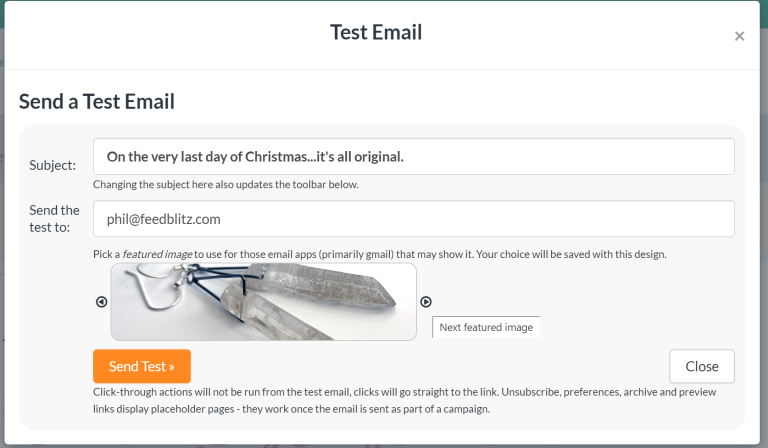Share this
In today’s globalized world, language barriers can stifle business growth and hinder cross-cultural understanding. As companies expand internationally and online communication becomes the norm, the demand for skilled language professionals is skyrocketing. Yet, many talented linguists struggle to find their footing in this competitive landscape.
Are you a language enthusiast yearning to turn your passion into a thriving career? Perhaps you’re a seasoned translator feeling trapped in the confines of traditional employment. The world of freelance language services offers a solution, but it can seem overwhelming to navigate alone. How do you stand out in a sea of competitors? Where do you find clients who value your expertise?
This guide will unlock the secrets to building a successful freelance language services career. We’ll explore the essential skills you need, strategies for finding high-paying clients, and tips for creating a sustainable business that grows with you. Whether you’re just starting out or looking to take your existing freelance career to the next level, you’ll find actionable advice to help you thrive in this dynamic field.
Understanding Freelance Language Services
Freelance language services involve offering your language skills to clients on a project-by-project basis. Services may encompass translation, interpretation, localization, and content creation in multiple languages.
The demand for freelance language services is growing. In our increasingly connected world, businesses and individuals frequently cross language barriers. Unlike traditional language service roles where you might work for a single company, freelancing gives you the freedom to choose your projects and clients.
It’s important to note that technology is changing our field rapidly. Machine translation is continuously improving, but this isn’t cause for concern. It’s actually creating new opportunities. Language professionals are becoming more like language consultants, post-editors, interpreters, and cultural mediators. Embracing these tools can make you more efficient and valuable to your clients.
Getting Started as a Freelance Translator
To begin your freelance translation career, you’ll need several key elements:
1. Proficiency in at least two languages
2. Excellent writing skills
3. In-depth cultural knowledge
4. A keen eye for detail
5. Professional certification: Organizations like the American Translators Association offer certification programs that can enhance your credibility.
6. Specialization: Whether it’s legal documents, medical texts, or marketing materials, having a niche can set you apart.
To establish your freelance business, you’ll need to:
1. Decide on a business structure (sole proprietorship is common for beginners)
2. Set up a home office
3. Invest in essential tools:
– A reliable computer
– High-speed internet connection
– Translation software
Ethical considerations are crucial in the language services industry. Confidentiality, accuracy, and cultural sensitivity are essential. Familiarize yourself with the ethical guidelines of professional translation associations.
Finding and Securing Freelance Translation Jobs
There are several avenues for finding freelance translation work:
1. Online freelance platforms such as Upwork, Fiverr, or ProZ
2. Translation agencies
3. Direct clients
For beginners, platforms and agencies can be excellent for gaining experience. However, don’t rely solely on one source. Start building your direct client base early in your career.
Here are some strategies for attracting direct clients:
- Create compelling profiles on LinkedIn, ProZ, and other translator directories. Become a member of professional associations and create profiles on their websites.
- Market yourself effectively. Use social media to your advantage and present yourself as an expert in your field.
- Develop a professional website and email address with your own domain. This enhances your credibility and professionalism.
- Create your website in all your working languages. This demonstrates your language proficiency.
- Optimize your website for search engines (SEO). Consider what clients search for when they need translation services, and use those terms on your site.
- Keep your website updated with regular content or a blog. This improves your visibility and showcases your expertise.
- Network extensively. Other translators can be a great source of work. Attend associations and events to connect with industry professionals.
- Inform everyone in your network about your services. Word-of-mouth can be an effective marketing tool.
- Target your ideal clients. Identify who they are and where they are active online.
Also See: A Beginner’s Guide to Online Translation Jobs
Building a Sustainable Freelance Translation Career
To build a sustainable freelance translation career, consider the following aspects:
- Pricing: Research market rates and value your work appropriately. Keep in mind that you’re not just selling your time, but your expertise.
- Client relationships: Communicate clearly, meet deadlines, and always deliver quality work. Your reputation is your most valuable asset in this business.
- Workload management: Learn to decline projects that don’t align with your goals or schedule. This helps prevent burnout and ensures you can deliver your best work.
- Financial management: You’ll need to handle your own taxes, invoicing, and budgeting. Consider working with an accountant who understands freelance businesses.
- Continuous learning: Our field is constantly evolving. Stay updated with industry trends, improve your language skills, and learn new languages!
Conclusion: Your Path to Success in Freelance Language Services
The freelance language services field offers numerous opportunities for those ready to take on its challenges. This guide has provided you with strategies to build a thriving career that capitalizes on your linguistic talents and business acumen.
Success in this industry requires more than just language skills. It’s about marketing yourself effectively, building strong client relationships, and adapting to the changing landscape of global communication. From creating a professional online presence to managing your finances, each step you take contributes to your freelance career’s growth.
Your unique combination of skills and experiences is your greatest asset. Take action today – create that professional profile, reach out to potential clients, or invest in additional training. The demand for skilled language professionals continues to grow. Now, it’s your turn to make your mark in this dynamic field.










